House Broke? 8 Surefire Tips To Get Out Of It & Avoid It Altogether
Do you know that 31% of Ontarians reported being house broke in 2021 while 33% reported that the pandemic worsened their debt or created a larger debt burden for them? The term “house broke” or “house poor” is sadly becoming a reality for many homeowners but what does it mean and how can you avoid it? This article will discuss all the details.
What Does Being House Broke Mean?
“House broke” refers to a person who spends a large portion of his income or money on acquiring a home. This means spending a major part of your monthly budget on mortgage payments, property taxes, maintenance, and utilities. The house broke people are short of cash and can not meet their necessary expenses such as vehicle payments. Some other synonyms of house broke are “house-rich cash poor” or “house-poor”.
How Does House Rich Cash Poor Work?
House-broke people often suffer financially and psychologically. Let us share the story of Louis and John Camus published in CBC, to explain how being house-poor can affect the lives of the people.
Louis Edgerton, her partner John and a 10-year-old daughter, Fianna, live in Lachute, Que., about an hour outside of Montreal. The couple acquired their home a year ago but they had to spend 43% of their combined income paying their mortgage and expenses. They described their life as living from “hand to mouth.” Once they paid their bills and bought groceries, they had nothing left.
The family had been living frugally, cutting out expenses, and stopping contributing to their retirement fund and RESP for Fianna. They believed that if a financial emergency happened, they would be in trouble.
Besides having a tough financial situation, they felt proud of their home ownership and wanted to keep struggling to fulfill their dream. They were also hopeful that the price of the house would gradually rise and they could refinance if needed. Once they paid all the mortgages, they could earn a profit after selling their home.
How Many People Are House Poor In Canada?
Many Canadians are living under similar circumstances. The following statistics prove the point:
- Statistics Canada reports that the Canadians’ debt-to-income ratio in the fourth quarter was 163%. This means that Canadians carry a debt of $1.63 for every dollar of disposable income.
- A third of Canadians consider themselves house-poor.
- Around 5.5 million homeowners will suffer if there’s a financial disruption like an interest rate increase.
- According to a survey by Ipsos, one-fifth of Canadian homeowners claim that they regretted their purchase.
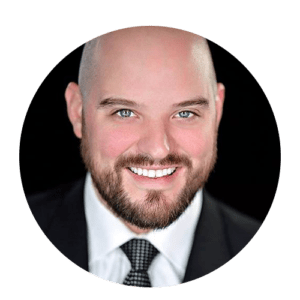
Nick Labrosse

Disadvantages Of Buying A Pre-Construction Condo
The most common causes of being house poor are the following:
Loss of a job
Sometimes you or your partner may lose your job resulting in a financial crisis. This means most of your family income will be spent on paying for housing expenses.
No Reserves
Your reserves come in handy in case of an emergency. If you do not have any reserves, it might mean being house poor as soon as there’s a crisis.
Family liabilities
Some examples of these expenses are daycare and post-secondary education for your children, health care or long-term care for aging parents etc. They claim a major portion of your monthly expenses and leave very less budget for paying mortgage.
Paying Off Consumer Debts
When Canadians try to pay off consumer debts they lose a significant amount of their income because the costs of these debts rise over time.
Property Tax
Sometimes, when you are budgeting to buy a home, you might overlook property taxes. Property taxes are excluded from the mortgage payment. It is important to visit the website of the property tax authority and find out how much property taxes you will have to pay every year.
Upkeep Charges
Sometimes you have to pay unexpected maintenance costs soon after the purchase. This happens more frequently if you buy an older home. It’s crucial to maintain an emergency fund for unexpected maintenance charges.
Utility Bills
Utility bills come as a surprise if you move from an apartment to a home. Older homes are sometimes not energy-efficient and it costs a lot to pay for gas, water and electricity bills. It is important to do some research and determine the average monthly costs of these utilities.
Transportation Costs
When you move to a new house, you might overlook the length of your commute to work. If you have to travel more to reach your office, it might mean an increase in the costs of gas or transportation.
8 Tips To Avoid Being House Broke
You can break the cycle of being house poor and become cash rich house poor by following these tips:

1. Avoid Overspending
Buying a new home is exciting but don’t spend too much on fancy furniture or curtains. Save money for unexpected maintenance costs or necessities.
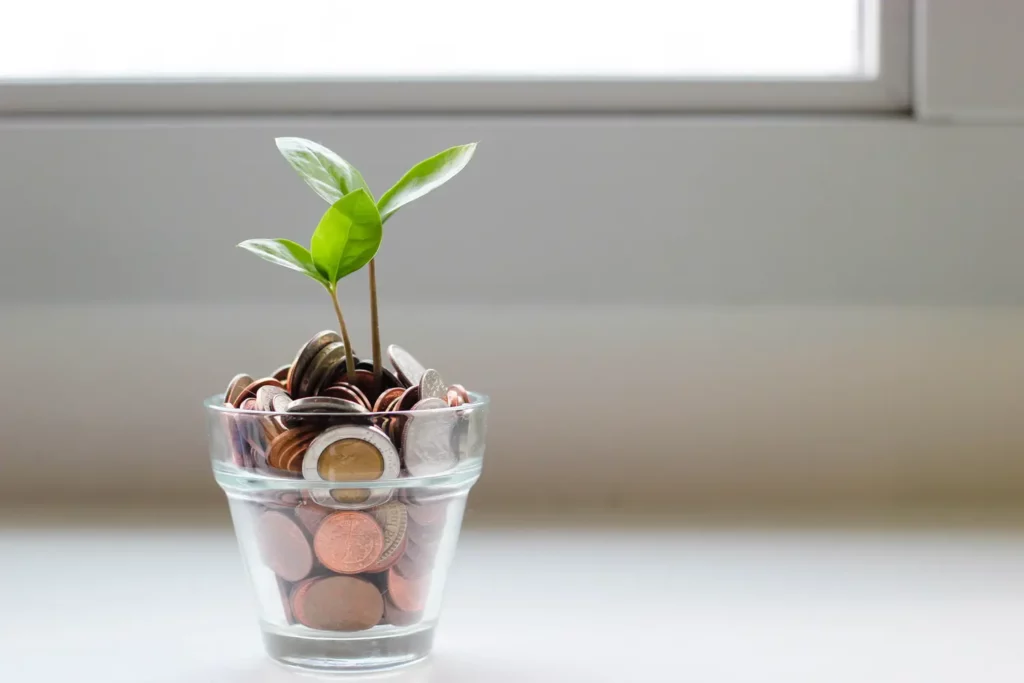
2. Create A Savings Account
If you have a savings account to deal with emergency repairs, you can make house repairs as needed. It is important to set money aside in case of an emergency.
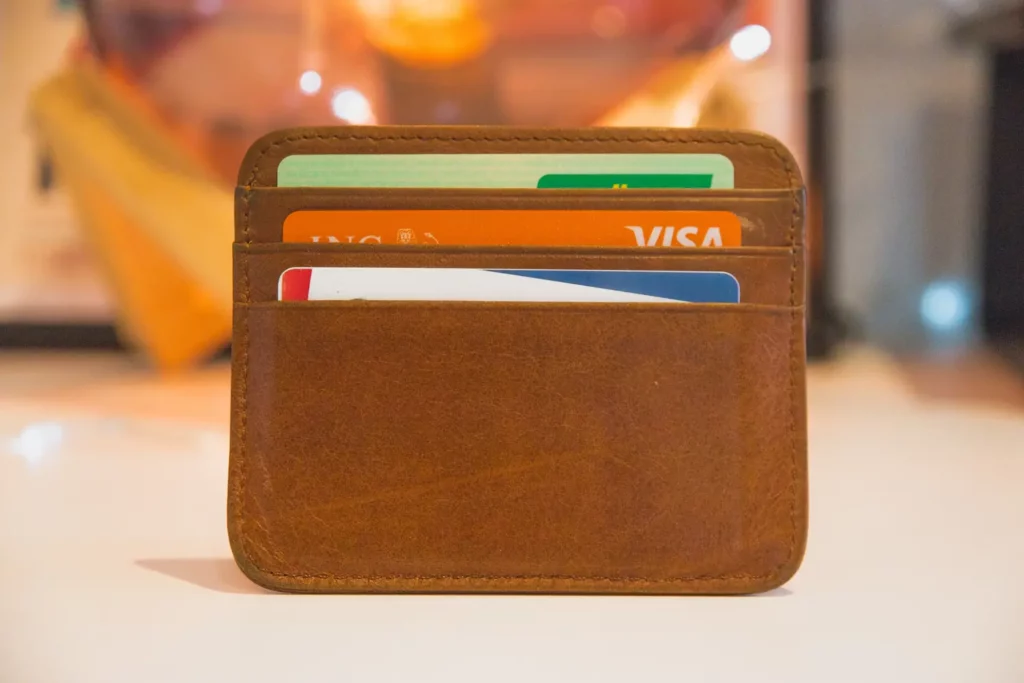
3. Try To Reduce Consumer Debt
Consumer debt often plays a major role in making homeowners’ houses poor. In this situation, they often can’t afford to buy their home or face a financial crisis.
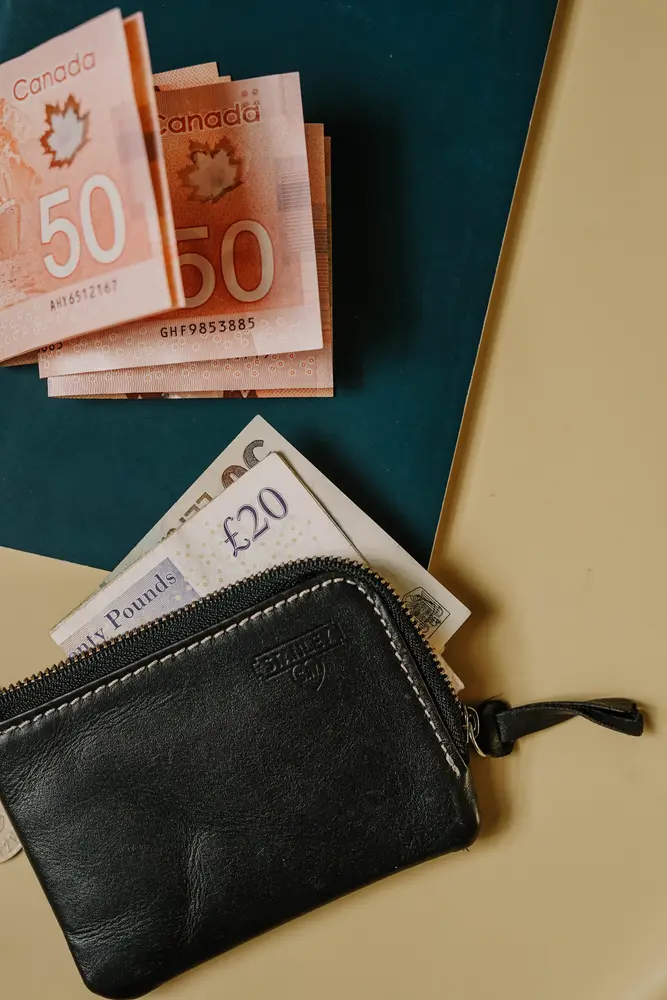
4. Plan For Reduced Income
Try to predict how your income might change. Anticipate and plan for a salary decrease before purchasing your property.
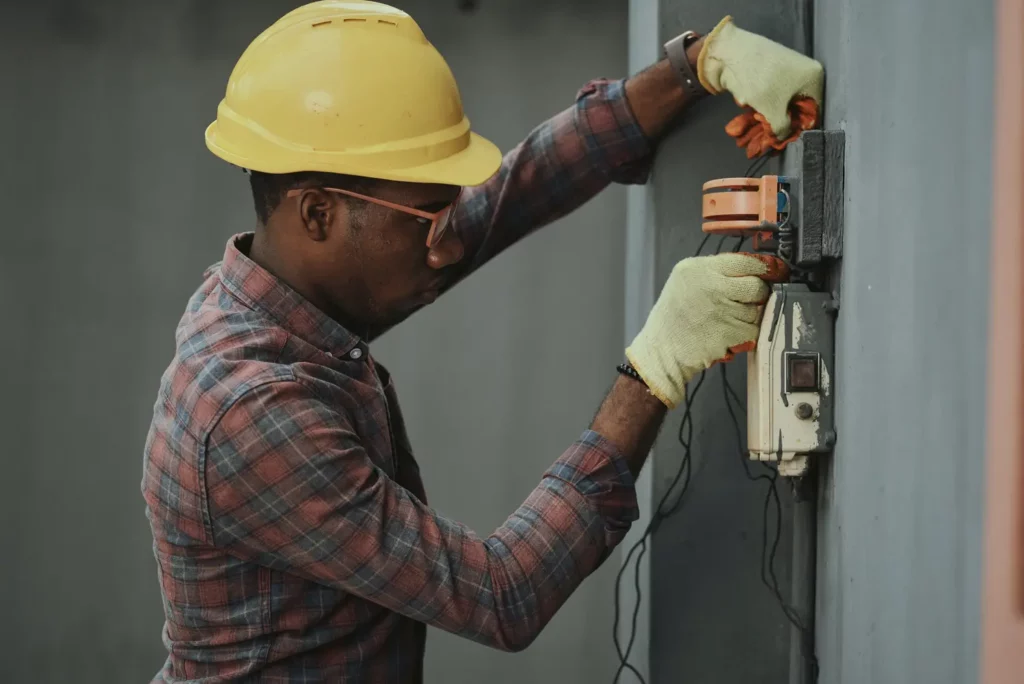
5. Save For Maintenance Costs
Include maintenance costs in your budget. Save money regularly so that you are prepared for a significant investment like installing new pipes or windows.
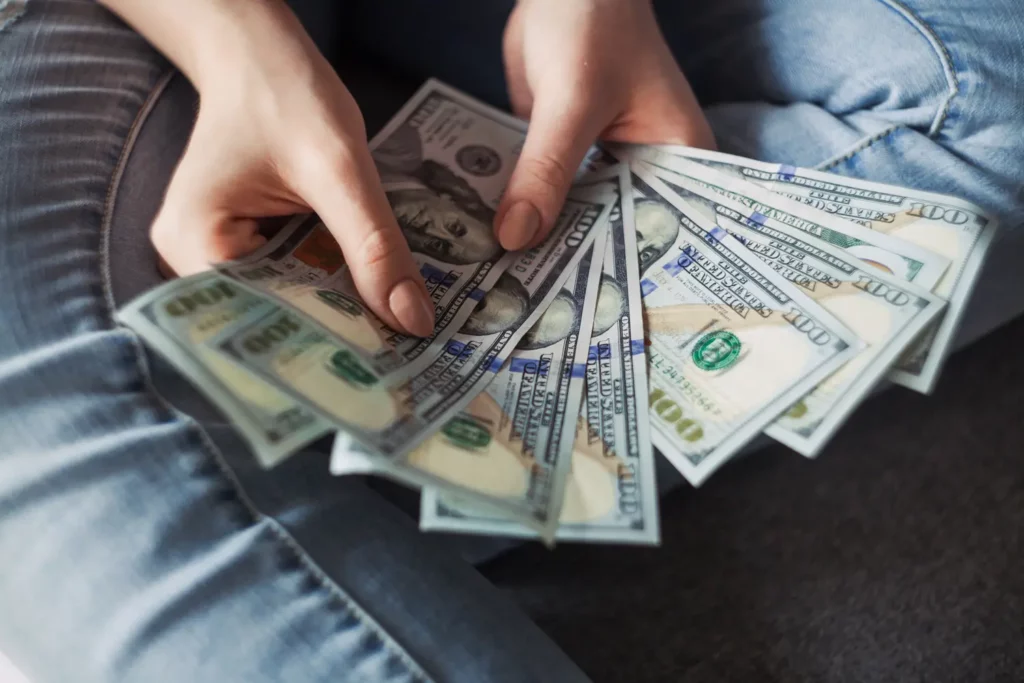
6. 32% Rule
The Canada Mortgage and Home Corporations advise homeowners to limit their house expenses to 32% of their pre-tax income. You can find this number if you divide your pay by 0.32. If you are spending more than 32% of your income on your home expenses, you are likely to be house poor.

7. Increase Your Down Payment
If possible, put a greater amount in the down payment. It might not be a possibility for everyone, but if you can afford it, it will increase your home equity and reduce your mortgage payments.
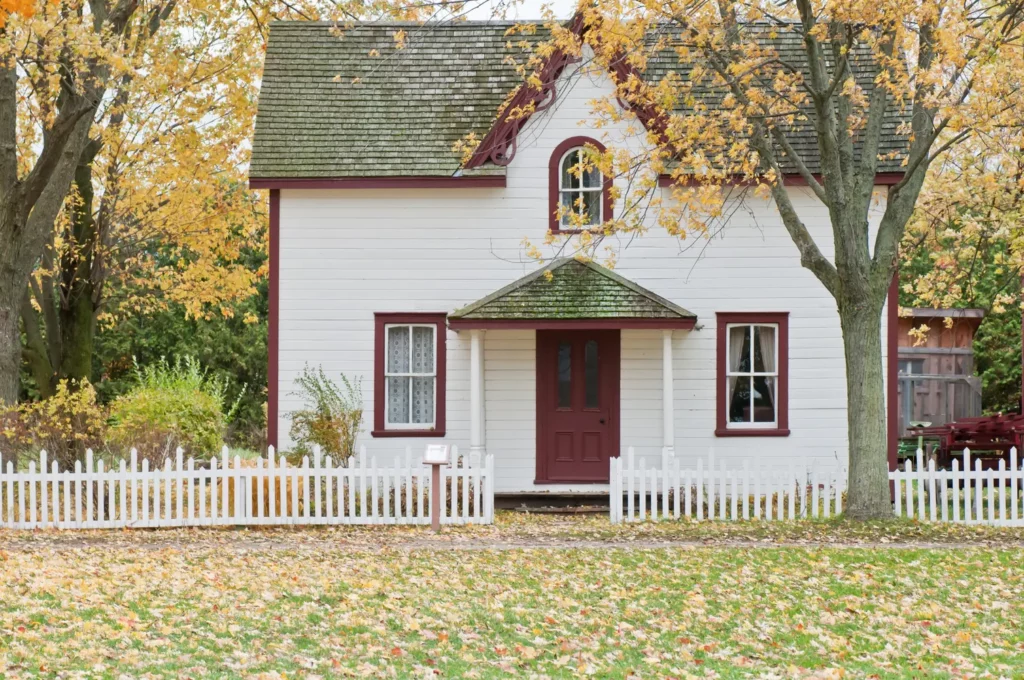
8. Buy An Inexpensive House
Everyone dreams of buying a grand house with an awesome view and lots of amenities. A smaller home might not be your ideal, but it will be less expensive. Choose a house which is inexpensive, preferably cheaper than the amount of your mortgage pre-approval.
What To Do If You Are House Poor?
Refinancing
If you are looking for some breathing room in your budget, refinancing is a great option. It may eliminate your private mortgage insurance and lower your monthly payments.
Selling and Downsizing
Another option is to sell your home and downsize to a more affordable home. Although it might mean losing your ideal home, it can provide some breathing space in your budget and make it easier for you to cover your expenses.

Nick Labrosse

Conclusion
If you follow these guidelines, you can avoid becoming house poor. Proper planning and budgeting will ensure that home ownership is a rewarding experience. An experienced realtor like Labrose can help you acquire a good home according to your budget. This means that you can avoid being house poor and find a better solution according to your situation.
FAQS
House poor meaning varies slightly from one context to another. Generally it means spending an excessive amount of your total monthly income on homeownership expenses such as monthly mortgage payments, property taxes, maintenance, utilities, and insurance.
If housing costs are more than 30% of your income, this means that this house is too much for you. Housing costs include mortgage payments, real estate taxes and homeowners’ insurance.
The following steps can help you avoid being house poor:
- Know the costs of homeownership.
- Consider an emergency fund
- Choose the right mortgage plan.
- Stick to a budget for living expenses.
- Consider selling and downsizing. Sometimes poor people house in small towns, far away from the big cities. This gives them some breathing space and avoid spending a major portion of their income on their housing expenses.